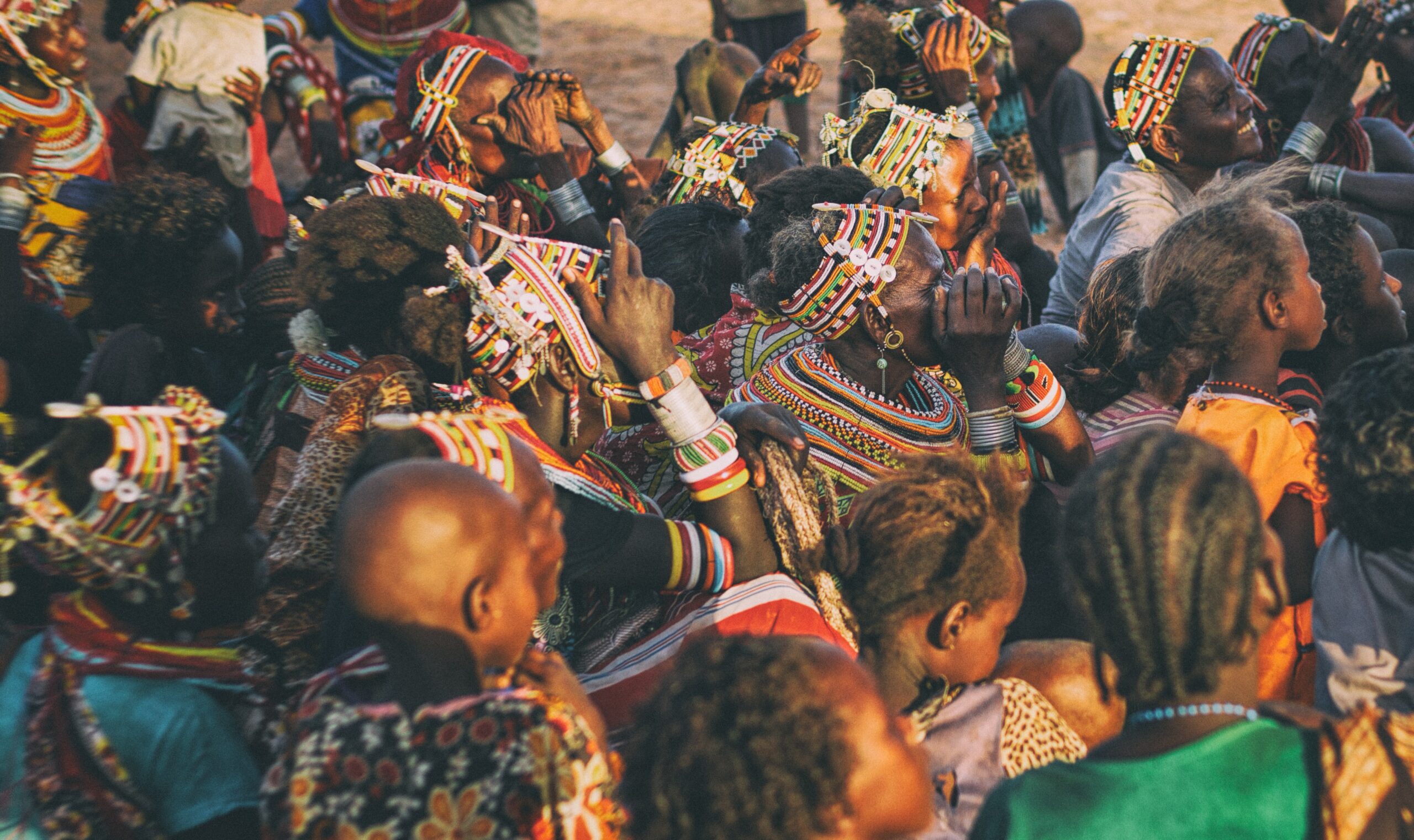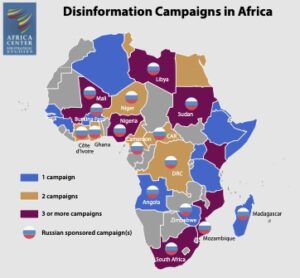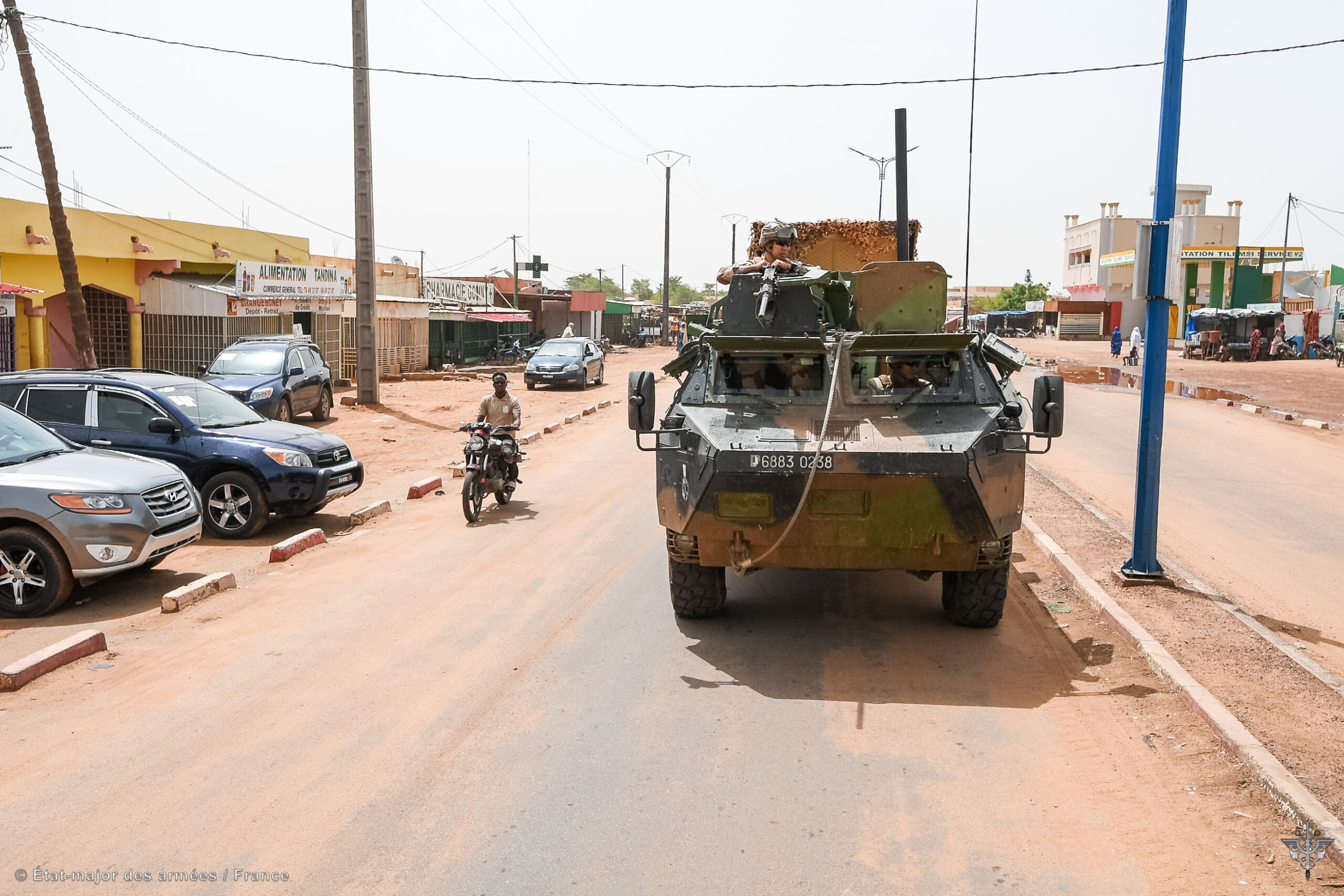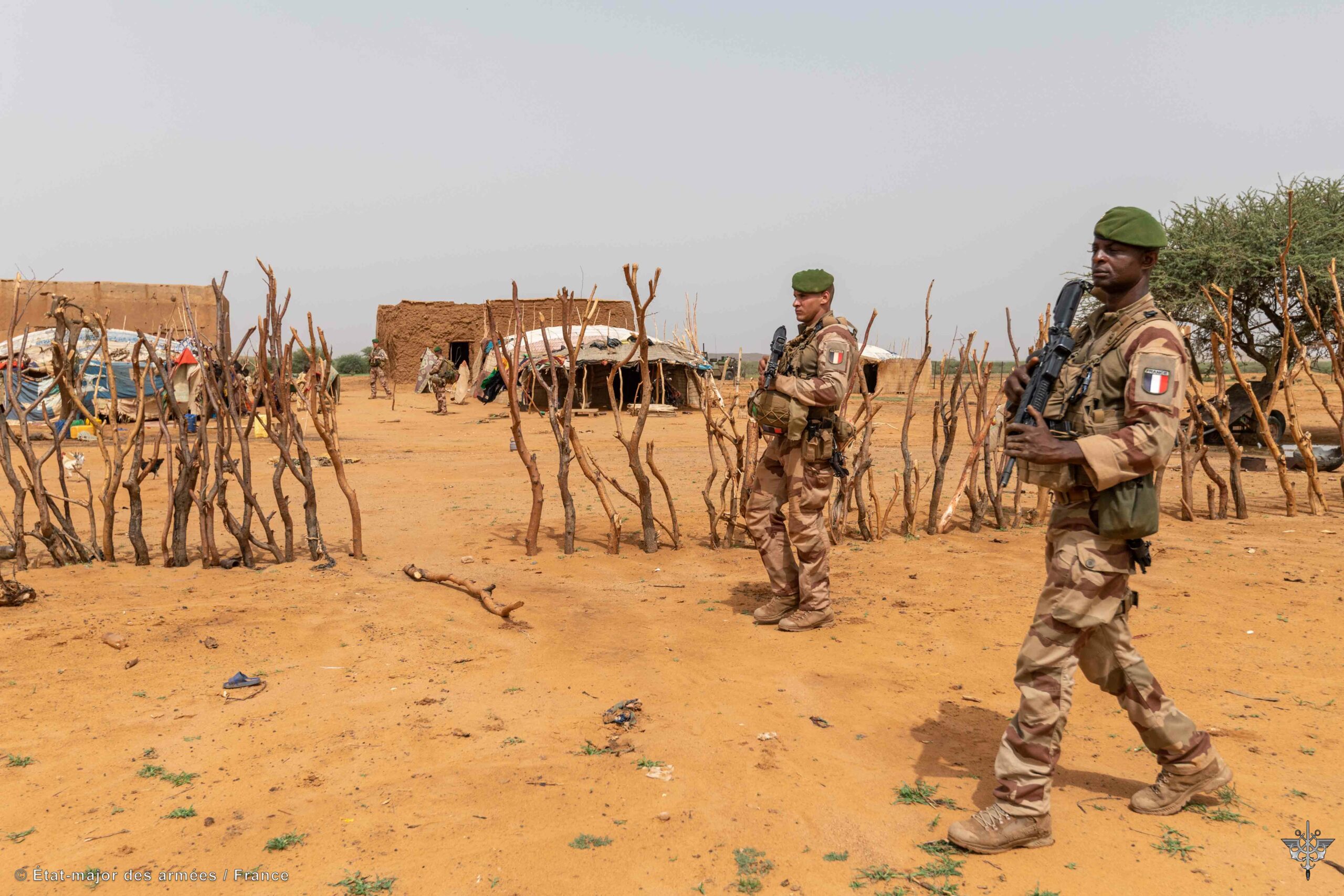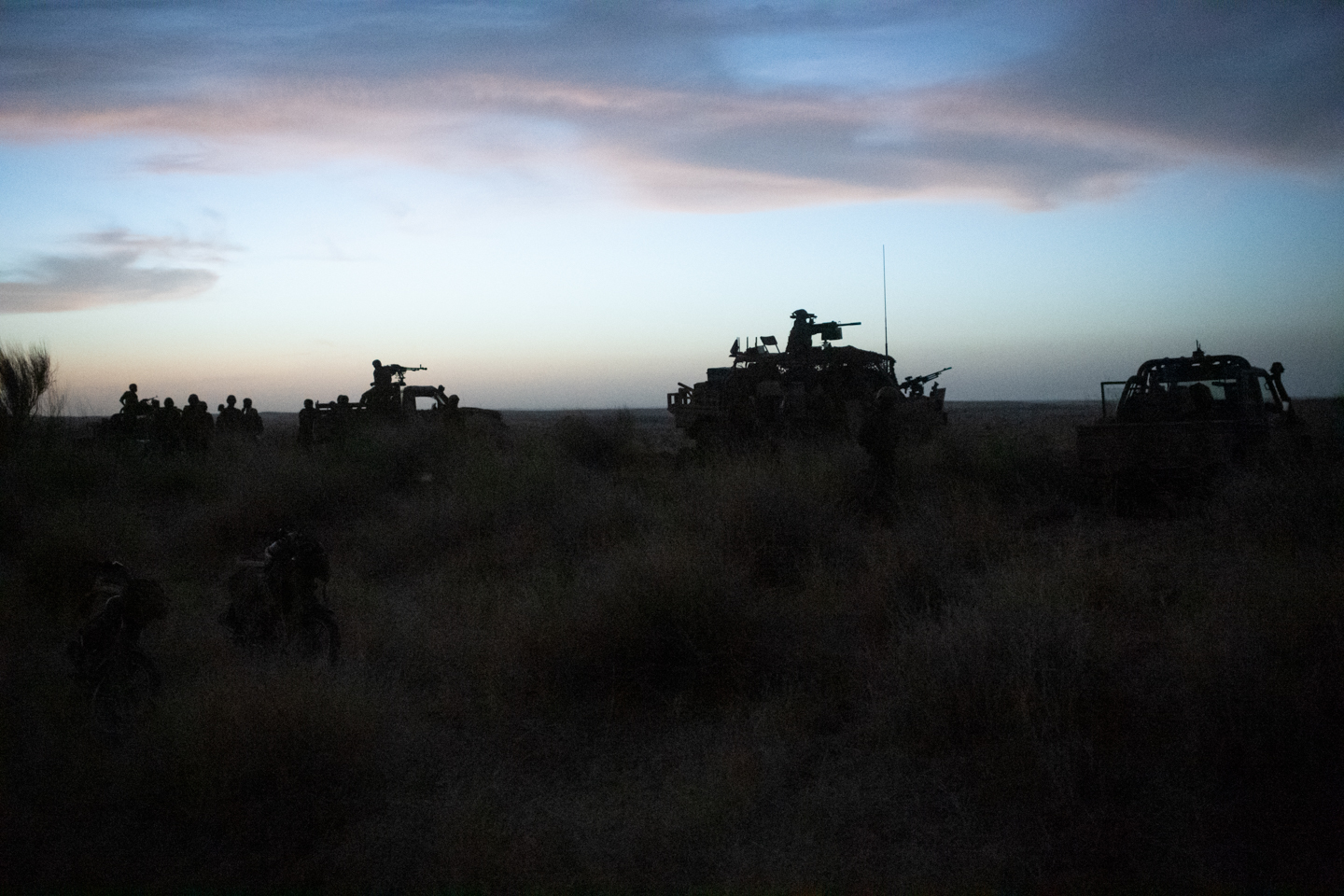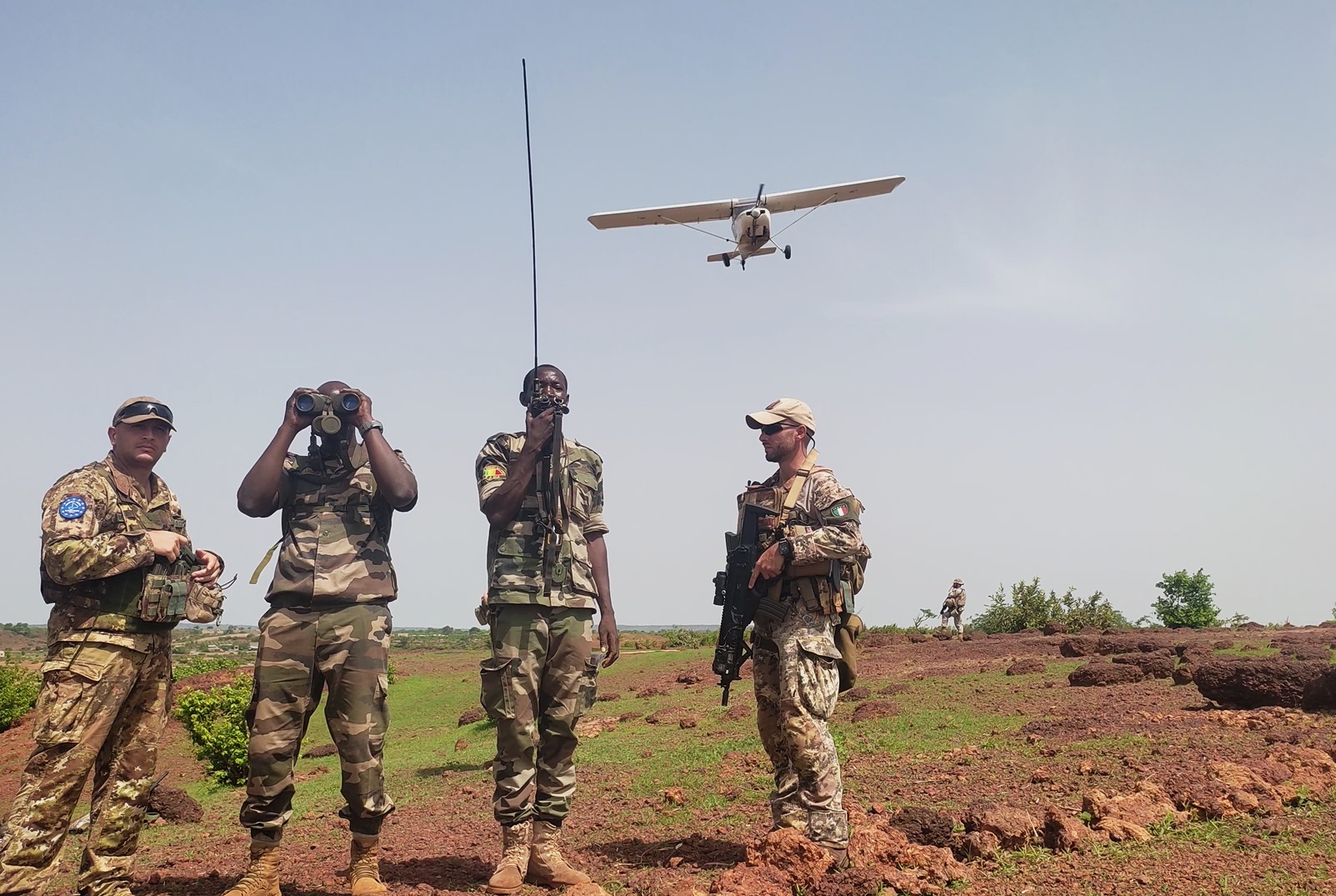Willingness to discredit European action
The Russian Federation’s interest in Africa is not new, but its current role is quite different from that played by the former Soviet Union. Despite a growing presence, Russia remains a minor player. However, it has managed to make its presence particularly visible, notably through the intense use of propaganda and disinformation, based on a constellation of state media such as Russia Today or Sputnik, social networks (Facebook, Telegram, Twitter, etc.) and local media.
The Russian Federation’s will to expand its presence in Africa has been tangible for a decade but has accelerated since 2019. The organization of the first Russia-Africa summit in Solchi in October 2019, with the largest delegation of African leaders ever gathered, is a remarkable step.
Vladimir Putin made the absence of a colonial past a central element of Russian engagement on the continent, distinguishing himself from former colonies that « threaten African sovereign countries ». The objectives are varied, but it is openly about « reversing the positions of European countries in Africa, namely France, the United Kingdom, Belgium and Germany » analyzes the researcher Sergey Sukhantin in 2020.
At the same time, it is about embellishing Russian support, talking about donations when it comes to loans or even presenting itself as the main support in the fight against Ebola or Covid-19 while the European Union is the main donor in these areas.
According to the Africa Center for Strategic Studies, Russian disinformation campaigns are present on almost the entire continent.
